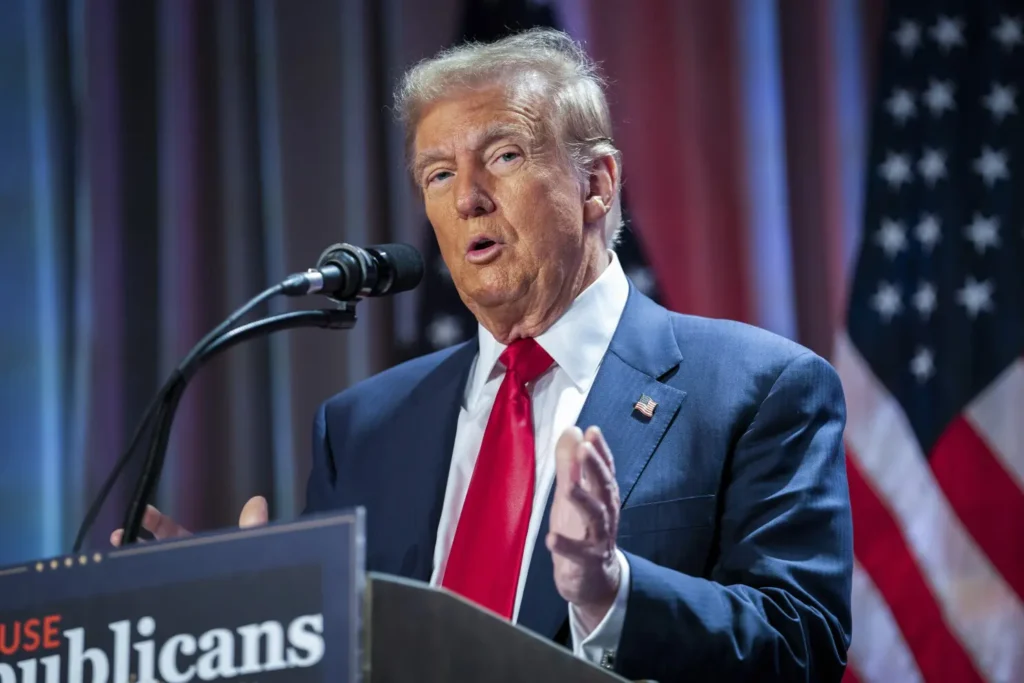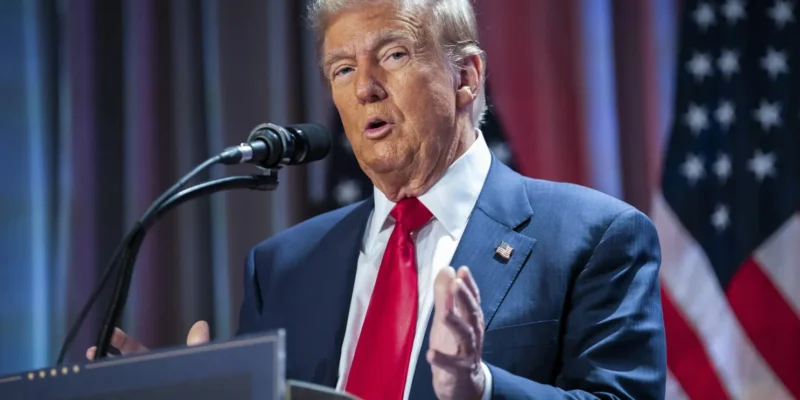
The United Nations Conference on Trade and Development (UNCTAD) has issued a stern warning to former U.S. President Donald Trump, urging him to reconsider plans to impose steep reciprocal tariffs on the world’s poorest and smallest economies, or risk causing serious global economic harm.
In a report released Monday, UNCTAD cautioned that while the U.S. administration aims to target countries it accuses of unfair trade practices, many of the economies affected by the new tariff regime are too small to pose any real threat to American industries.
Among the 28 countries flagged for tariffs above the 10% baseline are Laos (48%), Myanmar (45%), Mauritius (40%), and Cambodia (49%). Other low-income nations like Malawi and Mozambique face tariffs of 18% and 16% respectively, despite accounting for just a fraction of U.S. trade.
UNCTAD emphasized that some of these nations import only modest amounts of American goods—Malawi, for instance, imported just $27 million in U.S. products last year—making the punitive tariffs largely symbolic but economically devastating for the countries involved.
“The current 90-day pause in tariff implementation offers a chance to reassess how small and vulnerable economies – including Least Developed Countries – are treated,” UNCTAD stated. “Exempting them from such measures would not undermine U.S. trade policy but could prevent significant harm to fragile economies.”
President Trump had earlier defended the tariffs, accusing trading partners of “pillaging and plundering” the U.S. economy. But UNCTAD’s analysis suggests that the real impact of the tariffs would be increased costs for American consumers and a disproportionate economic burden on impoverished nations.
The report also highlighted key U.S. imports from these countries, including $150 million in vanilla from Madagascar, nearly $800 million in cocoa from Ivory Coast, and $200 million in cocoa from Ghana—all of which could face steep tariff hikes under the new policy.
UNCTAD concluded that 36 of the targeted small and poor countries would likely contribute less than 1% to total U.S. tariff revenue, questioning the economic rationale behind their inclusion.
“The costs far outweigh the benefits,” the report warned. “Now is the time for the U.S. to take a more balanced and humanitarian approach to global trade.”

Comments